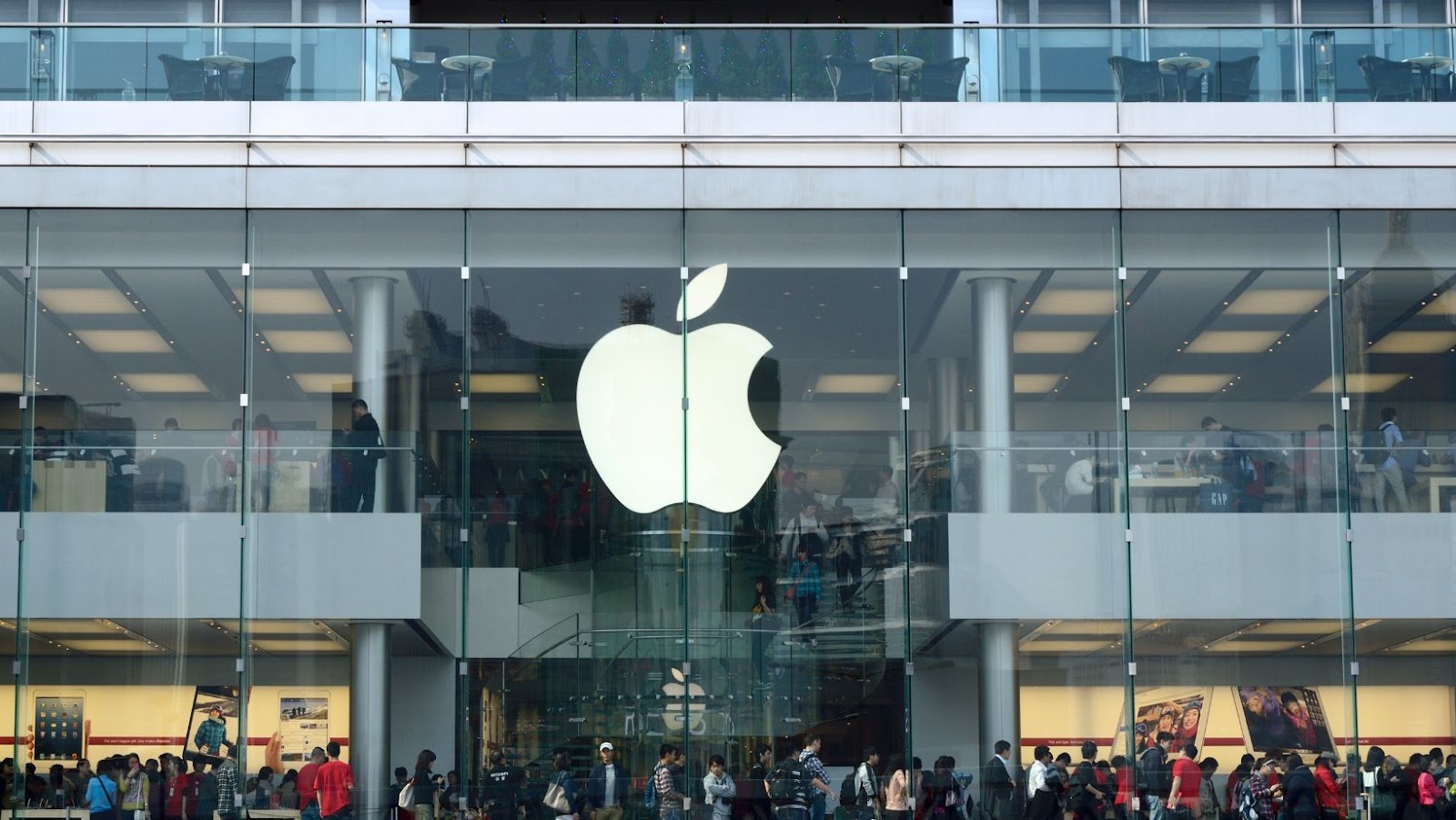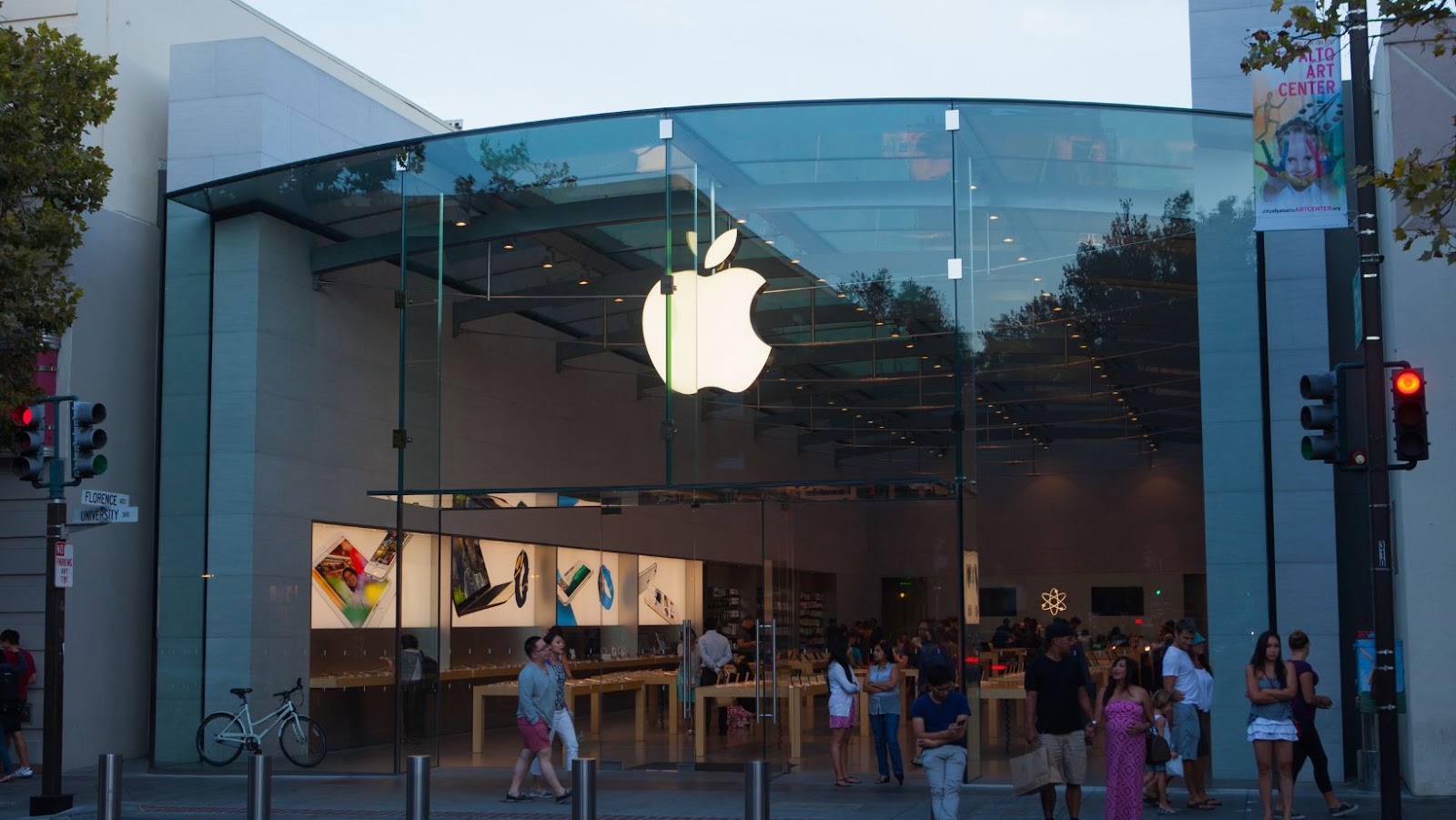In August 2020, a legal dispute erupted between Apple and Epic Games, two of the world’s most well-known tech companies. The dispute centred around the commission fees Apple requires developers to pay when distributing their applications on the App Store, and Epic’s vocal opposition to the fees. The implications of the legal battle between Apple and Epic reach far beyond the mobile gaming industry, and its outcome could have a lasting impact on the tech industry as a whole. This article will take a closer look at the legal battle between Apple and Epic, discuss its possible implications, and consider what it could mean for the industry.
The Legal Battle Between Apple and Epic
The legal battle between Apple and Epic Games has been a major news topic since mid-August 2020. On August 13th, Epic Games, the developers of the hugely popular video game Fortnite, attempted to bypass Apple’s App Store payment systems to sell apps directly to users. This move prompted Apple to remove Fortnite from their App Store until the issue was resolved, resulting in a public lawsuit between the two companies. The legal implications of this case are significant for both companies as well as for other app developers. They will affect how apps can be monetized on the iOS platform and will shape how app developers should conduct business in the future. In addition, it could also have policy implications for an antitrust investigation into Apple’s App Store policies currently taking place within the European Union (EU).
The legal battle between Apple and Epic has been one of the year’s most closely watched legal battles. The dispute concerns Apple’s App Store policies and its right to collect a 30% commission on app sales and in-app purchases.
At its core, this legal battle is about how much control Apple has over its App Store and whether or not Epic Games had the right to bypass their payment system by offering its payment processing service. However, looking at this case more broadly means evaluating whether or not Apple’s power over its iOS platform suggests monopolistic behaviour that needs to be regulated to ensure a healthy competitive environment among app developers who rely on their services.
Overview of the Legal Battle
The legal battle between Apple and Epic has been one of the year’s most closely watched legal battles. The dispute concerns Apple’s App Store policies and its right to collect a 30% commission on app sales and in-app purchases. Epic brought this case to the courts to challenge Apple’s policies’ legality and seek permanent injunctive relief. This dispute has been playing out in courts in various countries and the outcomes will have ramifications not just for the two companies but for the mobile app industry as a whole.

Timeline of The Legal Battle
The legal battle surrounding the dispute began in December 2011, when a class action lawsuit was filed against the company alleging false advertising and deceptive practices concerning its labelling and marketing of certain products. Since that time, there have been several developments, which can be organised into the following timeline outlining the key points of this ongoing controversy:
- December 2011: The lawsuit is filed in a California federal court.
- March 2012: The company responds to the allegations and denies any wrongdoing.
- July 2014: Both parties (plaintiffs and defendant) jointly move to conditionally certify a class action.
- February 2016: The plaintiff files an amended complaint with additional allegations concerning misleading product labelling.
- November 2016: The court’s ruling on conditional certification is made public, providing further evidence for class action status for those impacted by the disputed products.
- April 2017: A settlement is reached between both sides and approved by the court, resulting in changes to product labels and compensation for those who purchased the affected items during specified periods.
Overview of The Legal Claims
The legal battle between Apple and Epic Games began in 2020 when Epic Games filed suit against Apple for violating U.S. antitrust laws. Epic alleged that the 30% “Apple Tax” commission Apple charges on digital app purchases disproportionately harms competition, violating the Sherman Antitrust Act and the California Cartwright Act. Specifically, Epic argued that this commission discourages developers from creating competing digital stores to offer consumers a better and cheaper shopping experience for mobile applications, preventing new e-commerce players from entering the market and thus promoting unfair market monopoly.

In response to Epic’s lawsuit, Apple filed counterclaims of copyright infringement, violations of contract provisions related to its iOS App Store developer agreement (including passing fees onto customers after promising those fees wouldn’t be charged), and tortious interference with contractual relationships. In addition, the complaint alleged that Epics’s decision to operate a “side-loading” process through which Fortnite could be installed on an iPhone or iPad without going through Apple’s App Store was in direct violation of their contract with Apple and also allowed customers to bypass Apple’s payment processing system while still enjoying the cultural benefits associated with being a Fortnite player. Both companies aggressively litigated these respective claims, using traditional court battles and public relations campaigns to persuade public opinion of their points of view. For example, epic started its public campaign against Apple by posting a parody video featuring various versions of Charlie Brown’s teacher saying “Epic Games has defied conditions proposed by aggressive monopolists,” leading many analysts to speculate about how a legal resolution might impact how many apps are available on various devices or platforms as well product prices for consumers going forward.
Impact on The Tech Industry
The legal battle between Apple and Epic has been widely discussed ever since it started in August 2020. The dispute between the two tech giants revolves around Apple’s App Store policies and fees, which Epic alleges are anticompetitive. This case may have far-reaching implications in the tech industry, as it could shape the future of app stores, digital payments, and cloud infrastructure. Let us take a deeper look into the potential impact of this legal battle.
Potential Effects on Apple’s App Store Policies
The legal battle between Apple and Epic has raised many questions concerning the App Store’s policies on in-app purchases and the use of third-party payment processing systems. Apple prohibits developers from using their payment processing systems for in-app purchases, resulting in criticism against the tech giant. The court ruling could potentially set a precedent to change Apple’s long standing policy. The ruling may mean that Apple will be forced to allow developers to incorporate third-party payment processing systems into their apps, allowing them to potentially offer lower costs for in-app purchase items.
Apple could also lose its ability to dictate what content can be included within apps, allowing developers more freedom in promoting products and services within their apps. This could open the door for more innovation on mobile devices. However, it may also lead to more fees or other restrictions placed on content creators to protect Apple’s business interests. Besides these potential changes, the legal battle also raises questions about whether or not users have a real say in how their data is used by companies like Apple and Google, as well as other tech giants like Facebook or Amazon. The outcome of this case could change the way companies are allowed to monetize user data and potentially give users more say over where their data is sent and stored.
Potential Effects on Epic’s Games
The legal battle between Apple and Epic could have a wide range of potential effects on Epic’s games. For example, with the current dispute, gamers might have to pay custom fees for specific mobile gaming titles or be locked into the limitations of App Store purchase rules, diminishing the gaming experience. In addition, players may effectively lose access to games that don’t comply with App Store policies, and certain features may become inaccessible – such as in-app purchases and exclusive content. Moreover, issues such as cloud saving could be disrupted over different platforms due to licensing disputes between Apple and Epic.
The legal battle between Apple and Epic Games began in 2020 when Epic Games filed suit against Apple for violating U.S. antitrust laws.
Additionally, gamers might face difficulties related to software updates or receive no support or bug fixes from developers should they use an external platform other than iOS stores. Furthermore, hardware compatibility issues might likely arise where older hardware may no longer receive official game updates due to incompatibility with the new software imposed by Apple’s store policies. Ultimately, it is possible that all these changes could translate into more limited gaming experiences if the dispute between Apple and Epic does not reach a satisfactory resolution for gamers.
Impact on Consumers
The legal battle between Apple and Epic has significantly impacted consumers. This battle could change how consumers purchase apps and even the devices they choose to use. It could also limit consumer’s access to certain services, depending on which way the legal battle goes. So let’s explore how the legal battle between Apple and Epic may affect consumers.

Potential Effects on Pricing
The legal battle between Apple and Epic can impact the prices of apps, in-app purchases, and subscriptions and the range of available features offered in mobile games. If Apple prevails in its lawsuit against Epic Games, it might seek to recoup its legal costs and other investments by charging app developers more for distributing their products through the App Store. Additionally, Apple might require developers to share more of their revenue from sales or upgrade fees on any future apps they develop; this could mean higher prices for consumers when purchasing either an app or any extra content within an existing one. In addition to higher prices for apps or content within them, there is concern that Apple’s monopoly over what can be hosted on its app platform could lead to reduced choice for users. Disputes relating to user privacy could also occur pending on how Apple chooses to respond if it wins its lawsuit against Epic Games. All of these scenarios would ultimately hurt the choice and costs of possibilities available for consumers when purchasing items from the App Store.
Potential Effects on Choice
The legal battle between Apple and Epic has sparked much debate about consumer implications. The outcome of the case will set an important precedent concerning the role that tech giants should play in terms of choice and competition. The Apple-Epic dispute centres around Apple’s App Store policies, which Epic argues limit innovation and unfairly disadvantage independent app developers. If Epic is successful, it could pave the way for more open and competitive app markets, allowing consumers to choose from various options instead of being locked into particular vendors or platforms.
Another potential effect on choice is that if Apple prevails in this case, it could serve to reinforce its existing power within the App Store environment. This could ripple effect throughout the tech industry by emboldening other large companies to place similar restrictive practices on their platforms. Such monopolistic behaviour would likely reduce consumer choice as users become increasingly limited in their options. In light of these issues, it’s clear that the legal battle between Apple and Epic carries substantial implications for consumers and choices they will ultimately have concerning apps, games, digital media content and more. Depending on what decision comes out of this landmark case, it will likely reshape the trajectory of competition in digital markets for many years.
Summary of The Legal Battle
At the heart of the current legal battle between Apple and Epic Gamer is an app store dispute that could have long-term implications for the mobile industry. At issue is whether mobile applications such as Epic’s Fortnite are subject to Apple’s App Store policies, which impose a 30% commission fee on third-party sales. The dispute began in June 2020, when Epic attempted to circumvent Apple’s fee structure by offering their direct payment system within Fortnite. As a result, Apple removed Fortnite from its App Store and disabled Epic’s ability to access developer tools and software.
Epic filed suit against Apple in federal court in response, alleging that its actions constituted anti-competitive behaviour under U.S. antitrust law. The lawsuit has since been amended to include allegations of monopolisation, trademark infringement and tortious interference. Both sides have sought relief — including an injunction blocking Apple from removing or disabling developer access to its iOS platform or preventing users from downloading Fortnite or other apps without paying Apple’s fees — but no resolution has been reached yet. The case raises important questions about the power of digital gatekeepers such as Apple and other large technology companies like Google over smaller market players who rely on them for visibility and customer access. If successful, Epic’s lawsuit could dramatically reshape the rules governing how app providers do business with tech giants like Apple, potentially ensuring fair competition in the process.
Summary of The Potential Implications
The legal battle between Apple and Epic Games has created great uncertainty in the gaming industry. Many questions have yet to be answered from potential implications to who potentially has the upper hand. However, some of the most far-reaching implications might include:
- Conflict between iPhone developers: Epic Games’ decision to start a battle with Apple will likely encourage other developers to follow suit with their lawsuits and challenges, creating further conflict.
- Cross-platform payments in dispute: Epic Games has argued that by removing its ability to offer users alternative payment options from an application, Apple has prevented it from competing in the marketplace fairly. This could create precedent for alternative payments being allowed and implemented by other app markets such as Google Play or Steam, allowing users more choice and easier access to content.
- Open source advantage for Android: Apple’s App Store is a closed market which can make revenue share terms less than favorable for developers. However, alternative open markets like Google Play have offered improved terms including a higher revenue split percentage upon selling applications or digital goods. This could prove advantageous for Android apps and incentivize more development over iOS platforms due to increased returns on investment.
- Consumer access limited by potential mandates: Recent legislation aimed at breaking up tech giants like Microsoft highlights potential measures that could be taken against Apple in this case as well such as separation into distinct sections known as “app stores” running under different corporate entities or requirement for all app stores on iOS platforms allowing third party payment systems access at their terms. If these were implemented, consumer accessibility would likely be hindered without sufficient alternatives to replace the current App Store monopoly.
tags = apple, app store, epic app, doj, lawmakers, apple trial, antitrust apple epic doj apple actmclaughlinbloomberg, apple antitrust, antitrust apple epic doj actmclaughlinbloomberg, epic antitrust, legal battle, apple-epic, department of justice, technology company, apple argument, company investigation




